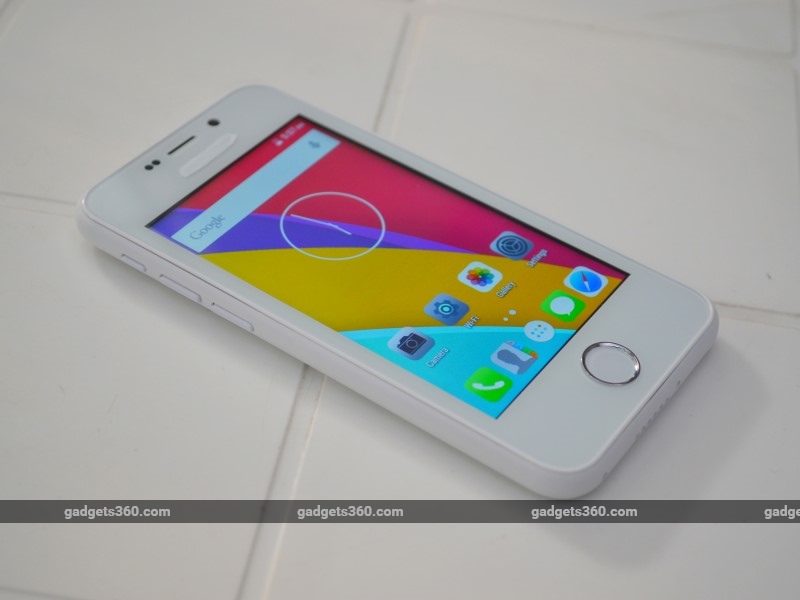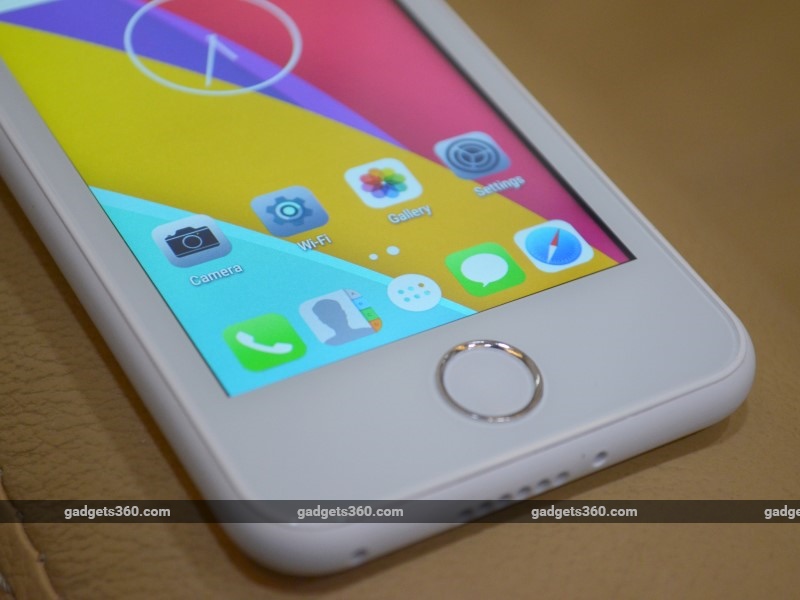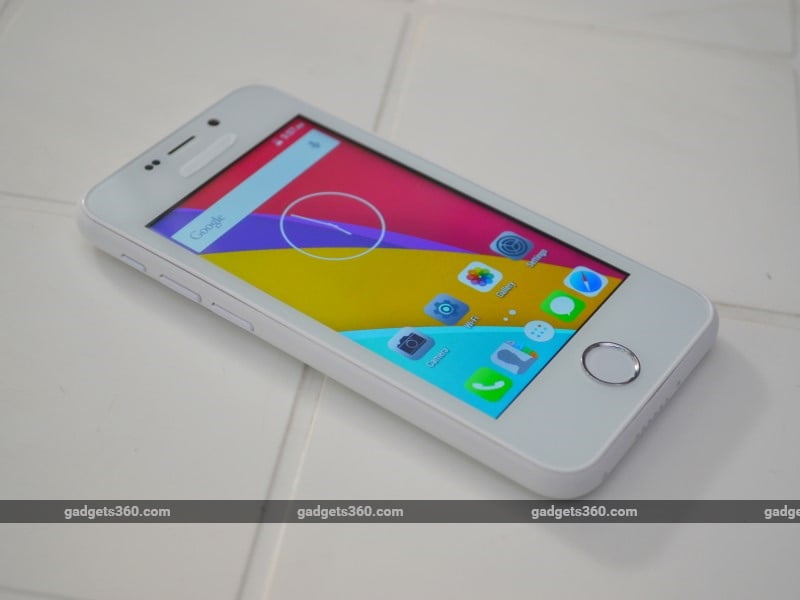
The Freedom 251 made headlines this week for being (in all likelihood) the most affordable smartphone in the world. It raised more questions than answers and most of us at Gadgets 360 are still incredibly sceptical as to whether this little-known company’s cheaper-than-a-movie-ticket smartphone will even reach the hands of the price-sensitive people of India.
Let’s be completely clear. I, along with many of my colleagues, believe that it is impossible to produce a smartphone with the specifications of the Freedom 251 at under Rs. 251, and the Indian Cellular Association thinks so too. The company may be willing to sell the phone for less than its manufacturing cost, but then more questions arise as to who is paying for this subsidy. It could’ve been the government, although the company has confirmed that this is not the case. It could be pure philanthropy from Ringing Bells, but that’s another highly unlikely scenario. It could be advertisers and mobile service operators, who would see sense in paying to have their products and services pre-loaded onto a phone that’s generated so much buzz that lakhs of people want it already.
The question then arises: why pay even Rs. 251 for a smartphone? Why not let someone else pay for your smartphone entirely, to the point where the manufacturer offers to pay you to use its smartphone? I’d like to think of that as a real possibility in the near future.
 Services such as online shopping portals, mobile advertisers and game developers could pay the smartphone manufacturer a pre-determined amount per phone sold, and in exchange have those services, games and apps pre-installed on the phone, or ads could be pushed to your phone screen. Doesn’t all of this sound very familiar?
Services such as online shopping portals, mobile advertisers and game developers could pay the smartphone manufacturer a pre-determined amount per phone sold, and in exchange have those services, games and apps pre-installed on the phone, or ads could be pushed to your phone screen. Doesn’t all of this sound very familiar?
Essentially, it would be bringing the ‘freemium’ model to smartphone hardware, and sounds an awful lot like zero-rating the hardware (phone neutrality, anyone?). That aside, the point I’m trying to make is that if you can give away an app or game for free in the hope that it will eventually pay for itself through post-purchases, then there’s no reason why the same model can’t be replicated with hardware.
And above all, it’s not like it hasn’t been done before, at least in some sense. Buying a phone in the US or Europe on contract essentially involves the operator giving away the smartphone to you in exchange for your commitment to pay a certain amount in usage fees every month for a determined amount of time. In 2013, Reliance Communications offered a similar scheme where it would give you an iPhone 5s at no upfront cost along with a usage plan that gave you unlimited calls, texts and data, although you would have to pay a rather high monthly fee for two years.
It’s important to note here that Freedom 251 is claimed to be free of subsidies and would appear to be a ‘no strings attached’ device with no actual commitments from the user, but whether the final product remains free of these commitments is yet to be seen. The point here is that because of subsidies and the ‘freemium’ model, there is no reason why a smartphone should cost anything at all, not even Rs. 251. A day may soon come where manufacturers may pay you, the user, in order to convince you to use their products and services. But just remember: if something sounds too good to be true, it probably is.
[“source-gadgets.ndtv”]










